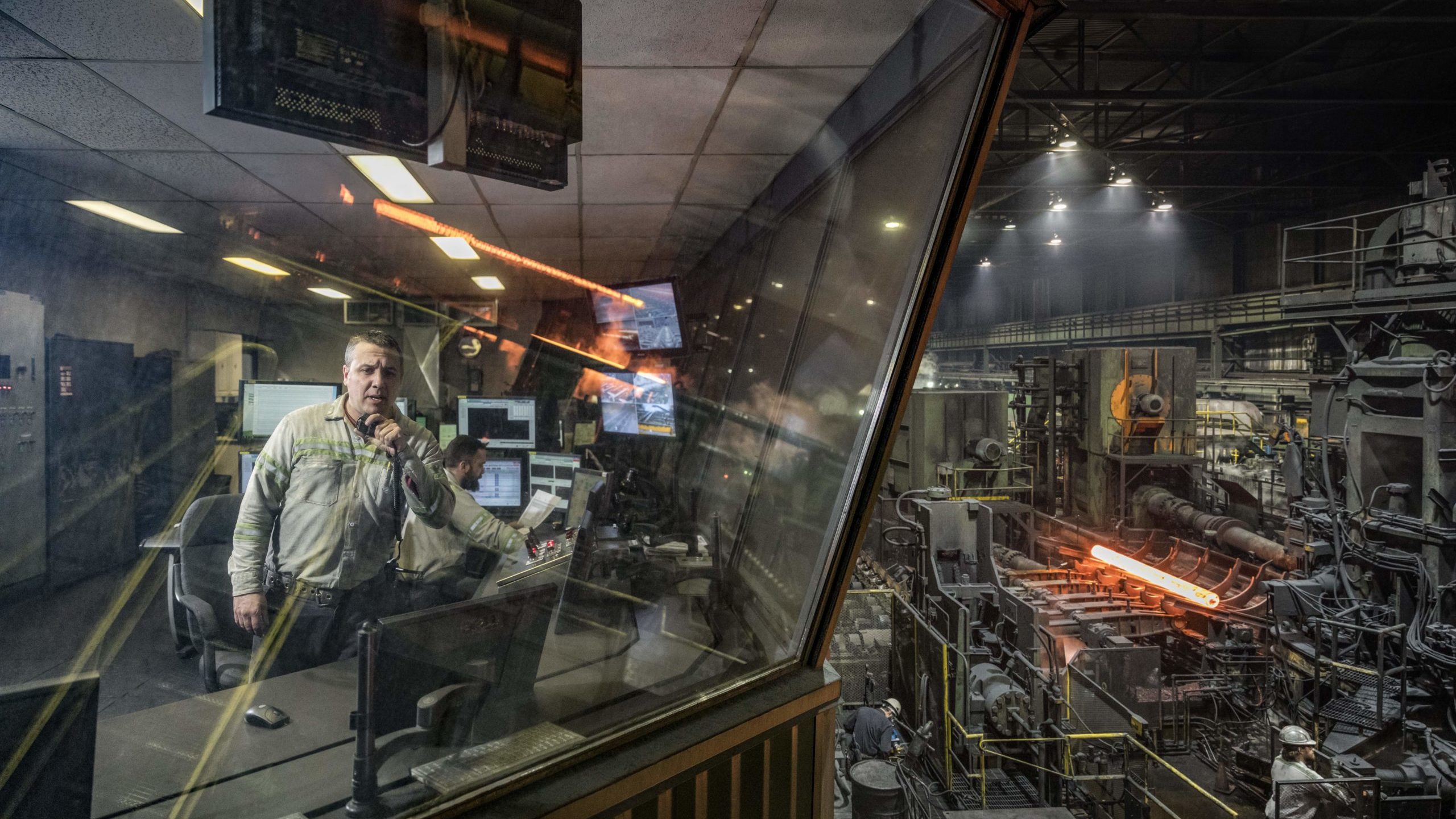
A sweeping new federal carbon regulation will cause a “snowball effect” of costs for companies and consumers and threaten jobs as Canada’s economy struggles to recover from pandemic lockdowns, according to a new report by the Montreal Economic Institute (MEI).
The Clean Fuel Standard (CFS), which the federal government is expected to publish this fall, is in addition to provincial and federal carbon taxes. Canada is not the first jurisdiction to introduce regulations to decarbonize fuel use, but it is the first to introduce rules that apply to all fossil fuels used by all sectors.
“It is often a good thing to lead the parade, but parading all by oneself is a different story,” says MEI economist Miguel Ouellette.
“Canada should not be going it alone, especially given its minimal impact on global GHG emissions … Its format will be detrimental to the Canadian economy, and its effect on the environment is far from certain.”
Canada is responsible for 1.5 per cent of global GHG emissions, compared to 12.8 per cent generated by the United States and 25.8 per cent by China, MEI noted.
Under the CFS, fuel producers, importers and distributers will be required to reduce the lifecycle greenhouse gas emissions intensity of fuels by 10 to 12 per cent compared to 2016 levels by 2030. According to the Canadian Ministry of Environment and Climate Change, the extra cost of doing so will likely be passed on to fuel end-users like households and industrial operators to some extent through increased liquid fossil fuel prices.
Ouellette calls this the “snowball effect” of the CFS regulation. It starts with oil and gas production and extends into all fossil fuel use in Canada, from manufacturing and agriculture to household heating and gasoline.
“Since numerous companies are involved in the manufacture of a good, there is a snowball effect,” he wrote. “The first company in the production chain will pass on a portion of the bill to the second, the second to the third, and so on right up to the final customer.”
Going it alone
In a May 2019 study, the Canadian Energy Research Institute examined fuel decarbonization programs in California, BC, and the EU. Researchers found that while these programs achieved reductions in carbon intensity, or emissions per unit of output, they did not achieve overall reductions in absolute emissions (except for minor reductions in the EU). These programs didn’t include the objective to reduce overall emissions, but Canada’s does.
The federal government says the CFS is designed to achieve up to 30 million tonnes of annual reductions in greenhouse gas emissions by 2030, which will help exceed its target of reducing national emissions by 30 per cent below 2005 levels by 2030.
But Ouellette says a major aspect that the CFS seems to omit is the fact that climate change is a global phenomenon, not a national one.
Jobs at risk
While it is unclear at this point how many job losses could come as a result of the additional costs and constraints from the CFS, Ouellette says it is certain to have a negative effect particularly on manufacturing, which currently directly employs about 1.7 million Canadians.
“The number of jobs potentially affected is even greater if we take into account all the other sectors of the Canadian economy that will also be subjected to the CFS like transport, forestry, oil and gas, mining, and many others,” he says.
“We know for sure that the oil and gas sector will be impacted by the CFS, but for some people I think it’s less clear that other sectors such as the manufacturing sector will also be impacted … And it’s not only the industrial side that will be hurt. It’s almost everyone in the economy.”
The total cost of the CFS on the Canadian economy could be up to $15.3 billion annually in 2030, CERI estimated in May 2019. This figure may be conservative, however, since their calculations pegged the cost for companies to buy compliance credits at $200 per tonne. It has since been reported the cost of credits under the CFS will be $350 per tonne.
Carbon leakage
The MEI report says under the extra cost and constraint of the CFS, Canadian manufacturers — primarily in Ontario — will have a harder time exporting or matching the prices of foreign products. Cheaper places to operate like China and India would become more attractive, which could result in manufacturers relocating outside of Canada. This could result in what is known as “carbon leakage”: Canada’s emissions would fall, but the net global effect could be negative.
At the same time, MEI said Canadian manufacturing companies, which primarily use natural gas, have reduced their GHG emissions by nearly 40 per cent since 1990. During the same period, the United States and China saw theirs increase by more than 34 per cent and 1,080 per cent, respectively.
“Canada is already a leader compared to numerous exporting countries … The relocation of activities would encourage a return to coal and other fossil fuels that are not as clean,” Ouellette says.
“The manufacturers are already struggling to recover from the effects of the pandemic. And as we know, they are very sensitive to global competition, so this will not help.”